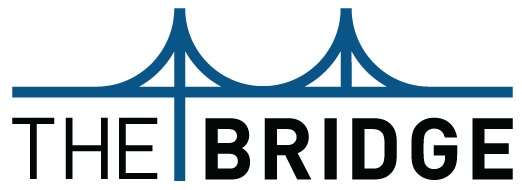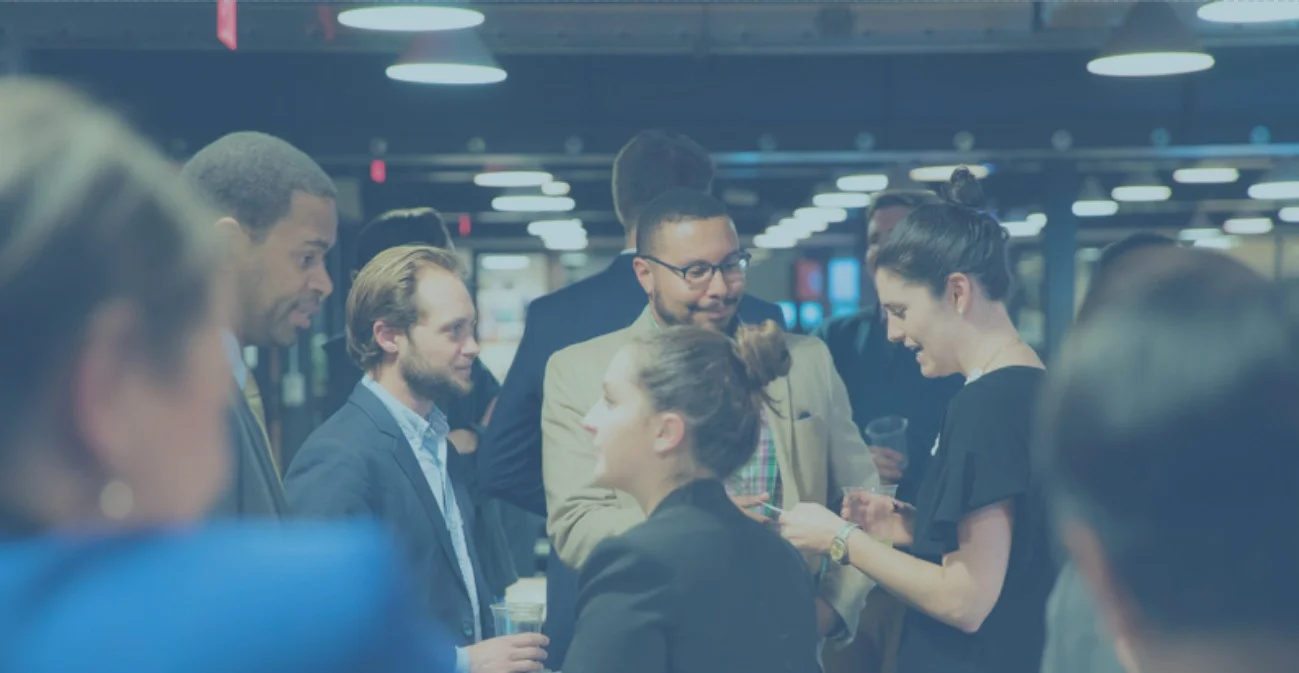TheBridge profile: Meagan Metzger
Name: Meagan Metzger
Current city: Washington, DC
Current job: Founder & CEO, Dcode
Past job: COO, The Efiia Group
Q. Favorite spot for a coffee meeting? Bourbon Coffee (L and 21st NW)
Q. Describe how a skill you learned in a previous job helped you in your current job. Because much of my work experience has been in and around federal IT acquisitions, I understand the challenges tech companies face when entering the federal market, as well as the challenges the government faces buying and adopting new tech solutions. I’ve also seen firsthand how the legacy tech in government is becoming obsolete, and it’s almost always more expensive than the new tech coming out of the private sector. My expertise in government acquisitions helped me connect the dots and create my current job, working to solve the problem from both sides of the equation, for both government and tech.
Q. Job advice in three words? Get sh*t done.
Q. How are you (or your company, org, nonprofit) currently bridging the gap between politics and tech / innovation and regulation? Dcode runs several industry-specific programs every year for tech companies looking to scale in the federal market. On the flip side, we run government trainings for senior leadership on innovative business practices. We understand how mysterious the two sides — tech and government — are to each other as well as the barriers each face. We know we can improve the way tech and government work together if we can teach them to understand each other.
Q. What can innovators learn from policymakers? Policymakers understand that a bigger world exists beyond their immediate viewpoints, and thinking about the unintended consequences of innovation for citizens is critical to their work. Those can be helpful lessons for innovators, who can learn that not all situations call for a “move fast and break things” mentality. Compromise can be essential to serve the people’s best interest.
Q. What can policymakers learn from innovators? The converse is also true: policymakers need to watch for unintended consequences of moving too slowly, and they need to take a page from innovators who are looking to the future. For example, our government should not be caught off guard by developments like artificial intelligence, and yet we don’t have any real policies in place. Policymakers can also learn how to calculate risk more appropriately — that’s what innovators do all day, every day.
Q. Why are you part of TheBridge community/why do you think it's important this community exists for tech, policy and political professionals? Creating ways for tech and government to connect and collaborate — the way TheBridge does — is important given all the untapped market potential for tech companies and the untapped potential for tech advancement in government. If government and tech interact more and understand each other, they can make better decisions to serve consumers and citizens.
Q. Favorite book/podcast/long-form article you recommend? I really like NPR’s How I Built This podcast, especially the episode with Patagonia founder Yvon Chouinard. I appreciate hearing what compels other founders, and learning about the struggles they overcame is both reassuring and motivating. Plus, I always walk away with new ideas to apply to growing Dcode.
Q. Startup to watch? The 70 tech companies that have completed Dcode’s federal go-to-market program are developing incredible solutions, and they are exceptionally well positioned to work with government. One of these companies, Expanse, ranked as one of the 50 next unicorns in The New York Times. Another, Tamr, is a leading data management company leveraging AI, and ThoughtSpot is now worth over $1 billion thanks to its search and AI-based analytics.
Q. What did you do the last time you were completely unplugged? I backpacked Wyoming’s Wind River Range for six days carrying only the basics for survival (zero electronics included).
Q. Best advice you’ve received? My dad was a successful entrepreneur who built his own architecture firm, and he always said, “A bet on yourself is the best bet you can make.”
Q. Most underrated virtue in an employee? I always appreciate when an employee takes the initiative to figure things out. I deeply admire and value someone who can identify a problem and, even if they aren’t sure exactly what the problem is or how to fix it, can rely on existing knowledge and resources to get the job done.
Click below to join TheBridge community and, among other resources, receive our bi-weekly updates with featured profiles.


